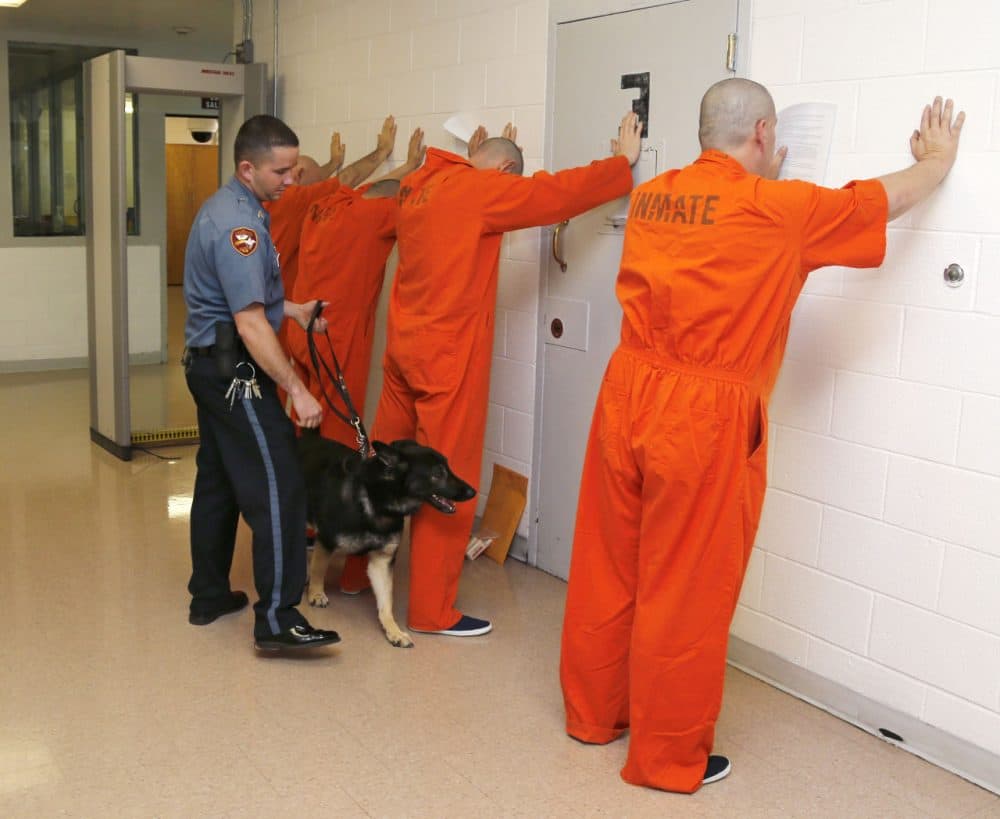Advertisement
Mandatory Minimum Sentences
Resume
Back in 1951, Louisiana congressman Hale Boggs was worried that marijuana users were getting off easy. So he sponsored legislation that year and put his name on it. The Boggs Act was the first time that the federal government imposed mandatory minimum sentences.
Under the law, a conviction for first time possession of marijuana, would mean a minimum of two years in prison and a $20,000 fine. Since then, mandatory minimums have become a major fault line in the criminal justice system. Attorney General Eric Holder has crusaded against them, calling them unfair and ineffective.
Massachusetts top judge — Ralph Gants — the chief justice of the state's Supreme Judicial Court, has done so as well. He says mandatory minimums mean harsh sentences for relatively benign offenses. He says they disproportionately penalize people of color; and that they take power away from judges and give too much of it to prosecutors.
But supporters say mandatory minimums have contributed to a dramatic fall in the violent crime rate over the past two and a half decades. And that they're approved by lawmakers and represent the will of the people
Guests
Daniel Medwed, professor at Northeastern University School of Law. His op-ed on mandatory minimums is here.
Daniel Conley, District Attorney for Suffolk County.
This segment aired on April 7, 2015.